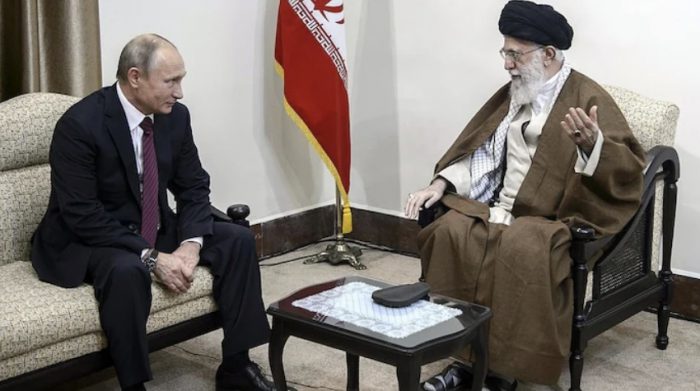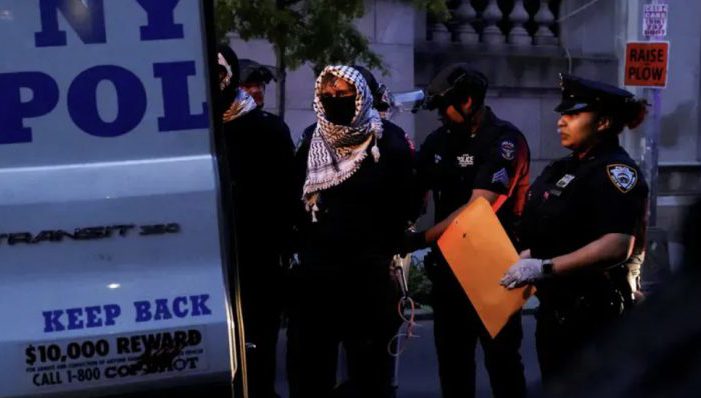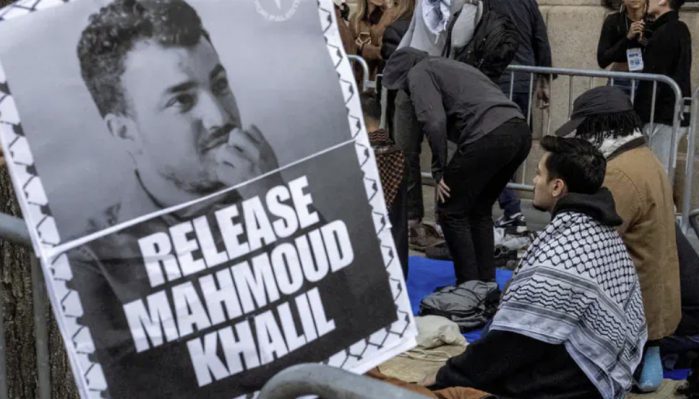Tehran deepens its nuclear partnership with Moscow, announcing four new reactors and plans for eight more, even as Europe warns Iran is edging closer to a nuclear weapons capability Israel has long sounded the alarm on.
Iran on Friday signed a $25 billion agreement with Russia’s Rosatom to construct four new nuclear power plants in the Sirik region of Hormozgan province, with a projected capacity of 5,000 megawatts.
The deal follows a memorandum of understanding signed in Moscow earlier this week, with Iran’s atomic energy chief and Vice President Mohammad Eslami confirming that “operational steps” will begin immediately. Tehran also unveiled ambitions to build eight additional nuclear plants by 2040, aiming for 20 gigawatts of nuclear energy capacity.
At present, Iran runs just one reactor—the Bushehr nuclear plant, built by Russia, with a capacity of 1 gigawatt.
🚨 International Alarm
The deal comes as the UN Security Council on Friday rejected a Russian- and Chinese-backed proposal to permanently lift sanctions on Iran. Britain, France, and Germany argued Tehran continues to violate the 2015 nuclear deal, pointing to its growing stockpile of enriched uranium and refusal to fully cooperate with UN nuclear inspectors.
The European powers offered Iran a six-month reprieve before sanctions snap back—provided Tehran restores inspections and returns to talks with Washington. Without such a deal by September 27, all UN sanctions will be reimposed.
🇮🇱 Israel’s Red Line
Israel has repeatedly warned that Iran is advancing toward a nuclear weapons capability under the cover of “peaceful energy.” Jerusalem points to Iran’s deepening alliance with Moscow and its refusal to curb enrichment as proof that Tehran’s intentions are anything but civilian.
Russia, meanwhile, dismissed Western concerns and condemned U.S. and Israeli strikes on Iranian nuclear sites in June, insisting that Tehran’s nuclear drive is “peaceful.”
⚡ The Bottom Line
Iran’s pact with Russia marks a dangerous new phase: massive nuclear expansion underwritten by Moscow, shielded diplomatically by Beijing, and only half-heartedly challenged by Europe. For Israel, it’s a chilling reminder that Tehran’s march toward the bomb is accelerating—and the window to stop it is closing.





